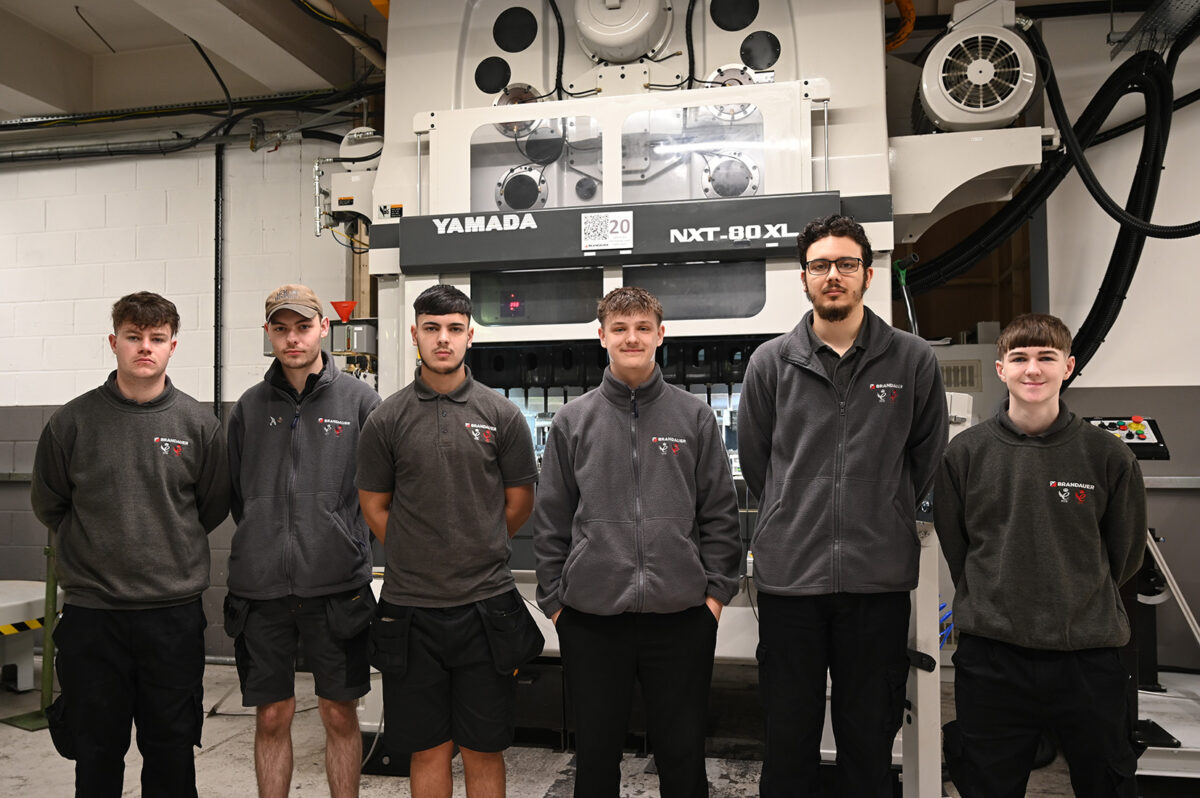The Great Recognition; Why an inclusive and collaborative employee engagement strategy will ensure you’re not another casualty to the Great Resignation.

Author and business leader, Brian Fielkow recently said; “let’s quit talking about ‘The Great Resignation, we should instead talk about the great recognition. Recognition that highly engaged employees are less likely to leave. Recognition that poor treatment yields high turnover. Recognition that employee retention is not an HR function. It’s a strategy function that must be driven by leadership.” And certainly, his words ring very true to me.
Because undeniably, the past twelve months have seen a whole host of resignations across the UK and around the world. Not only have we seen employees leaving their roles, but many are also pursuing totally new career paths too.
I think we are seeing this as a result of three key reasons. Firstly, we are witnessing renewed confidence. There has always been churn in the market; people move roles all the time after all. However, over the last two years many people who may have wanted to move jobs have actually put these plans on hold for fear of an unstable job market and fear of the unknown. Many have favoured simply staying put. However, as we start to see some light at the end of the tunnel, many people are starting to feel more confident, and as a result are starting to actively seek new employment. We’ve all had to face-up to uncertainty and despite the personal challenges, we are – in the main – still standing. As such, the ‘unknown’ is not quite as scary as it had once seemed. We are (or have become) more resilient than we thought and perhaps are now more open to braving uncertainty and taking a leap of faith in making a change.
Secondly, the pandemic has triggered quite a shift in personal priorities for many too. For instance, it may have encouraged them to pursue a ‘dream job’; transition to being a stay-at-home parent; or perhaps join a purpose-led organisation committed to making changes for the better. It’s fair to say that people did a great deal of reflection and soul searching during the darkest days of the pandemic and as a result, many made a commitment to themselves to make changes and do something which really matters to them. And as time is telling, this is translating into a switch in career or employer.
And finally, and very unfortunately for some, the decision to leave their job has come as a direct result of the way their employer has treated them during the pandemic. Whether that be because their employer wasn’t understanding or flexible when it came to juggling childcare; how they dealt with the work from home directive and communicated during these isolating times; how safe and secure their employer made them feel during all the uncertainty; or even how the company treated its customers over this period. Subsequently many employees have developed negative perceptions and feel somewhat disconnected. They have come to a realisation that enough is enough – they simply want out.
So, what can organisations do about this? And how can they retain, develop and also attract new talent whilst meeting the shifting – and very individual – needs of employees today? How can they start recognising their people?
Well, I believe this all comes down to an organisation getting their employee engagement strategy right. And this needs to be an inclusive and collaborative programme of engagement, not a top-down directive from management.
Employee engagement refers to the emotional commitment and connection an employee feels towards their employer organisation, specifically to its vision, its purpose and its goals. It’s about a sense of belonging, where employees feel they are seen, where they want to contribute and feel their contribution counts and where they are acknowledged. They want to know they are making a difference. They want to be recognised.
There is a lot to be said about belonging and feeling part of the greater whole. Nurturing the emotional connections between an employee and their workplace will motivate them to remain committed to the company in the long term and, of course, bring tangible benefits for everyone.
But the key to creating this sense of belonging is to focus on strategies that will give all employees a voice, an opportunity to contribute and make a difference (beyond understanding their job purpose) and to ensure that their voice is heard and recognised. Enabling and trusting employees at all levels in the workplace to make improvements, through facilitated structured opportunities will ensure employees are a driving force. So rather than feeling like the company is pulling them along with instructions from the top, employees will feel wholly connected and contribute directly toward its purpose and its goals.
A holistic engagement and retention strategy that incorporates personal development, teamwork, contribution, empowerment and recognition (through acknowledgement, not ‘reward’ in a financial sense) can provide purpose, a sense of belonging and upskill team members so that they feel valued, trusted and appreciated. Organisations are already having to re-evaluate their wellbeing strategies quite dramatically in light of the challenges COVID has presented, but I would suggest that leaders would also do well to invest in personal development opportunities for their teams too. These development opportunities will help build and enable more resilient teams that feel empowered to want ‘go above and beyond’ to improve and contribute in making a difference that benefits personally, collectively and the wider business.
To go back to Brian Fielkow’s quote at the start of this article, one way to truly recognise our teams is through human acknowledgement. Leaders would do well to ‘see’ their team(s) by making time for them each day within their working environment – to chat, to observe and to listen. Not only will this give them the opportunity to get to know their team(s) better, it’s also great for leaders to ‘be seen’ too.
When people acknowledge us, we feel a connection with them. We feel valued – and this is so important to personal well-being, motivation and for fostering a healthy work culture. However, it’s not always possible to physically ‘see’ everyone, so alternatively a quick, but personal acknowledgement email or call can be a great way to show genuine interest.
In my opinion, it’s these unexpected and seemingly little human acknowledgements that can really make a difference to how motivated we feel toward work and who we work for.
The start of 2022 is the time for leadership teams to champion and instigate a stronger engagement mindset – one that is both inclusive and collaborative; and one that truly recognises it’s people.
By ensuring opportunities for employees to develop and contribute, to be heard, to be seen, and by nurturing their sense of belonging, organisations can ensure they don’t become another casualty to ‘The Great Resignation’ – and perhaps unearth and retain some untapped talent from within too.
Louise Raeside, Engagement Lead at DRIVE Engagement












I agree with Julie. The great resignation is the symptom of a disease. Companies would do well to consider this cure: engaging employees around the noble cause of serving customers profitably. Partner with employees, who together with you, seek to continually improve serving customers, and share in the inevitable increased business results. This Forbes article provides more background on the partner concept: https://www.forbes.com/sites/fotschcase/2016/05/31/engage-your-employees-in-making-money/ This Inc article shares research on hundreds of companies that show how partnering drives superior results: https://www.inc.com/bill-fotsch/a-key-strategy-to-double-your-profitable-growth.html